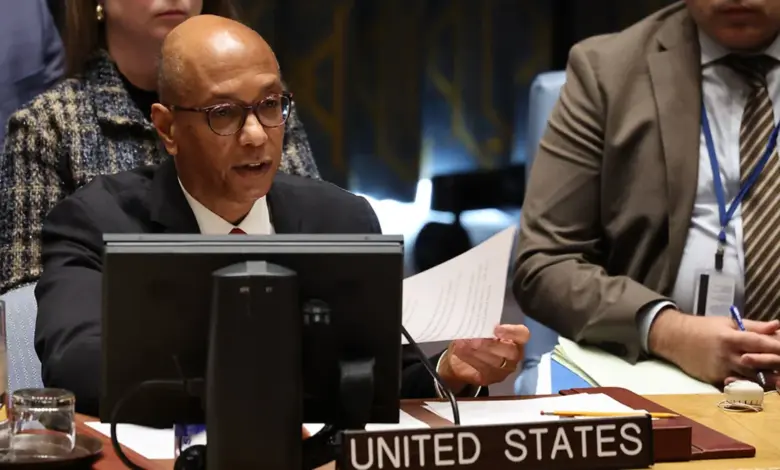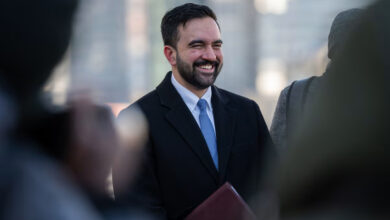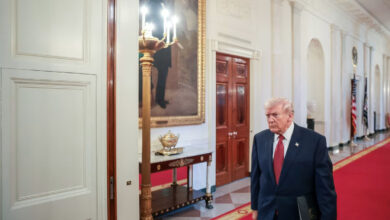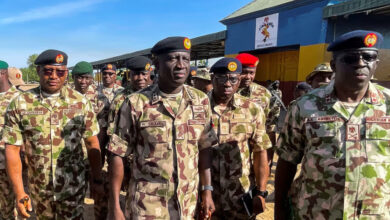
“We made clear throughout negotiations we could not support an unconditional ceasefire that failed to release the hostages. Because, as this council has previously called for, a durable end to the war must come with the release of the hostages,” Deputy US Ambassador Robert Wood said following the veto Wednesday.
“These two urgent goals are inextricably linked. This resolution abandoned that necessity, and for that reason, the United States could not support it,” Wood added.
Seven American citizens are still being held in Gaza. “We will not forget them,” he said.
The resolution put to the 15-member council by its 10 non-permanent members demanded an “immediate, unconditional and permanent ceasefire to be respected by all parties; and further reiterates its demand for the immediate and unconditional release of all hostages.”
However, US officials said the language was not strong enough as it did not condition the ceasefire on the release of the hostages.
Wood claimed that the authors of the resolution had declined to consider compromise language that could have led to its passage, noting also that it failed to “condemn Hamas for its October 7 terrorist attack.”
Only the US voted against the resolution, using its position as one of the five permanent members of the council to veto it.
The other four permanent members voted for it – including the UK, which has previously abstained from three other ceasefire resolutions shot down by the US.
Before the vote, Israeli Ambassador Danny Danon said approval of the resolution would have been a “betrayal.”
Veto ‘emboldens Israel’: Palestinian Authority
Palestinian officials condemned the veto. “There is no right to mass killing of civilians. There is no right to starve an entire civilian population. There is no right to forcibly displace a people. And there is no right to annexation. This is what Israel is doing in Gaza,” said Majed Bamya, deputy ambassador to the Palestine mission to the UN.
The Palestinian Authority presidency said the US move “emboldens Israel to continue its crimes against innocent civilians in Palestine and Lebanon,” according to the official Palestinian news agency WAFA.
The council’s 10 elected members (E10) that sponsored the draft resolution were “deeply disappointed” it was not adopted, according to Guyana Ambassador Carolyn Allison Rodrigues-Birkett. Guyana is one of the E10.
Permanent member France also expressed disappointment. “There is an obvious urgency to implement an immediate and unconditional ceasefire. This is the only way to guarantee the protection of all civilians and the massive and unhindered delivery of emergency aid,” France’s UN representative Nicolas de Riviere said.
The UK’s Ambassador Barbara Woodward described its decision to back the resolution as “an expression of our determination to end this war, stop the suffering in Gaza and secure the immediate release of the hostages.”
In June, the Security Council approved a US-backed ceasefire plan to end the war. Fourteen of the 15 members voted in favor, with only Russia abstaining – the first time the UNSC had endorsed such a plan.
However, following the vote, Israel vowed to persist with its military operation, saying it would not engage in “meaningless” negotiations with Hamas.




